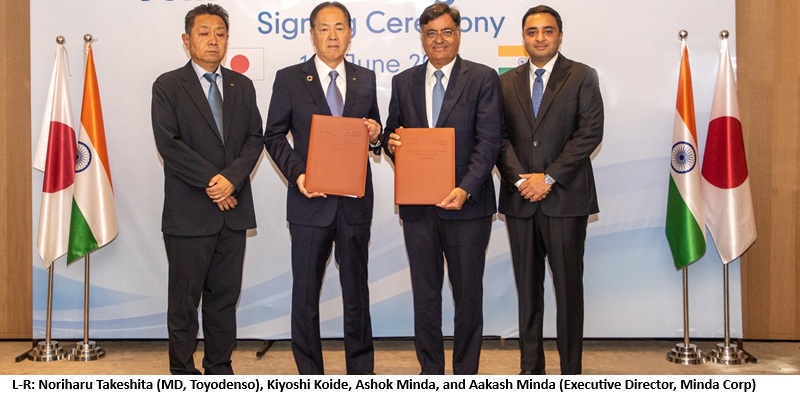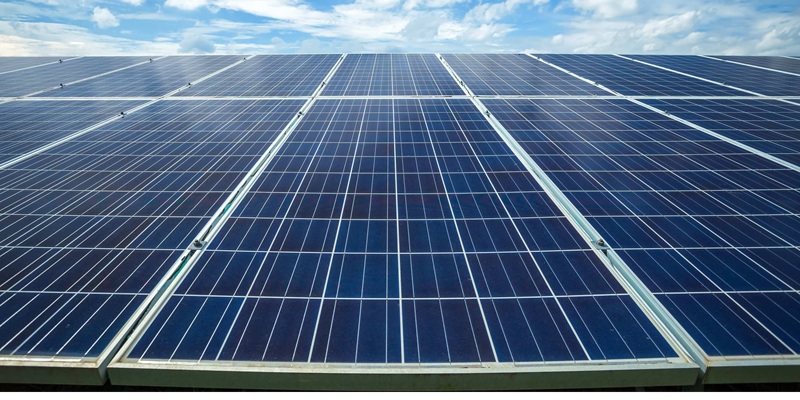Schedule a Call Back
The Cost of Corrosion
 Technical Articles
Technical Articles- Oct 12,15
According to one estimate, India loses around US $70 billion annually or equivalent to 4 per cent of its gross domestic product (GDP) to corrosion
This is indeed a humongous amount lost to corrosion in India, and ironically (no pun intended), for a country known as the home of the famed Iron Pillar located in the Qutb complex, Delhi. This 7 mtr (23 ft) column is notable for the rust-resistant composition of the metals used in its construction. The pillar has attracted the attention of archaeologists and materials scientists and has been called “a testament to the skill of ancient Indian blacksmiths” because of its high resistance to corrosion. According to experts, the corrosion resistance results from an even layer of crystalline iron hydrogen phosphate forming on the high phosphorus content iron, which serves to protect it from the effects of the local Delhi climate. The pillar weighs over 6,000 kg, and is believed to have originally been erected in what is now Udayagiri by one of the Gupta monarchs in approximately 402 CE, though the precise date and location are a matter of dispute. It was transported to its current location in 1233 CE.
The Wikipedia describes Corrosion as a natural process, which converts refined metal to their more stable oxide. It is the gradual destruction of materials (usually metals, more about iron) by chemical reaction with their environment. In the most common use of the word, this means electrochemical oxidation of metal in reaction with an oxidant such as oxygen. While corrosion can be controlled with proper precautions and available remedial measures, it cannot be totally eliminated. Hence another view, with some exaggeration lays the blame for corrosion on the lack of seriousness to deal with the menace in the first place. Companies and executives in responsible positions are often reluctant to take preventive steps to protect the system from damage caused by corrosion and refrain from upgrading technology in a bid to cut costs. A classic case of penny wise and pound foolish. On the one hand there are companies striving to increase profitability, while on the other, there is this massive drain of resources of an invisible enemy leaving visible footprints.
There are remedies to counter the effects of corrosion, but better still, to avoid the menace before it begins. This is in terms of various types of coatings and surface treatment processes prior to coatings available for different metals and also depending on applications. For example, fasteners invariably need some form of coatings and treatment as these come in contact with other metal parts and in fact provide an ‘entry-point’ for corrosion. While for a layperson the selection of fasteners – bolts, nuts, screws, rivets, etc., is a simple task, in reality it is not so easy, requiring careful consideration of temperature, corrosion, vibration, fatigue, initial preload, and many other factors. Whether it is the tiny screw used in spectacle frames or the huge bolts that hold together the various sections of the fuselage of a commercial jet, there are many different types of fasteners and their materials as there are various types of anti-corrosion coatings for fasteners. While several grades of austenitic stainless steel in the 300 series (AISI 304, 316, etc), offer high level of corrosion resistance, the high cost of these grades rules out their widespread use and hence most fasteners are made of common steel and alloys, which need anti-corrosion treatment.
Besides coatings, another effective method of corrosion prevention is use of corrosion inhibitors. A corrosion inhibitor is a chemical compound that, when added to a liquid or gas, decreases the corrosion rate of a material, typically a metal or an alloy. The effectiveness of a corrosion inhibitor depends on fluid composition, quantity of water, and flow regime. A common mechanism for inhibiting corrosion involves formation of a coating, often a passivation layer, which prevents access of the corrosive substance to the metal. Permanent treatments such as chrome plating are not generally considered inhibitors, however. Instead corrosion inhibitors are additives to the fluids that surround the metal or related object.
CorrShield VpCI®-379 from Cortec Corporation is a water-based, economical, safe to apply, corrosion preventive liquid concentrate designed to meet toughest anti-pollution requirements. It is aimed for protection of ferrous and non-ferrous metals in sheltered areas, indoor or in packages not in direct exposure to rain and outdoor elements. Its unique vapour phase action migrates wherever humidity and corrosive agents can penetrate to provide complete protection to uncoated and difficult-to-reach areas.
In conclusion, it ought to be reiterated that while it is not possible to eliminate the menace of corrosion, it is certainly possible to control it to a large extent and save valuable resources.
Related Stories

Minda Corp, Japan's Toyodenso form JV for advanced automotive switches in India
The joint venture will set up a greenfield facility in Noida (Uttar Pradesh) with operations expected to commence in the second half of FY 2026–27.
Read more
Calderys sets sustainability benchmark at Odisha refractories plant
Calderys advances its green goals with the CAPES project in Odisha, integrating solar power, water recycling, and emission controls to set a new benchmark in the refractories sector.
Read more
Waaree Solar Americas secures 599MW US deal, expands clean energy presence
The modules will be produced at Waaree’s modern manufacturing plant in Brookshire, Texas, with deliveries scheduled for the 2026 calendar year.
Read moreRelated Products

Heat Exchanger Scale Removal Compound -hesr-300


Universal Tapping Machine -model Tr-10/15
Tapping
Machine Tools offers universal tapping machine -model TR-10/15.
Hi There!
Now get regular updates from IPF Magazine on WhatsApp!
Click on link below, message us with a simple hi, and SAVE our number
You will have subscribed to our Industrial News on Whatsapp! Enjoy












